A moral rights agreement is a legal contract that protects the moral and personal interests of creators in their work. In other words, it is an agreement that ensures the artist’s integrity and authorship in their work, even after it has been sold or transferred to someone else.
Moral rights are the non-economic rights of the author or creator of a work. These rights include the right of attribution, the right to maintain the integrity of the work, and the right to control how the work is used and presented. These rights are separate from the economic rights that creators have over their work, such as the right to reproduce and distribute their work.
Creators have moral rights in their work regardless of whether they have assigned the economic rights to someone else. The purpose of a moral rights agreement is to provide a framework that ensures that these rights are respected and protected.
A moral rights agreement typically includes provisions that require any changes made to the work to be approved by the creator and that the creator is credited and identified as the author of the work. The agreement may also include provisions that give the creator the right to object to any use of the work that is considered offensive or damaging to their reputation.
Moral rights agreements are particularly important in the creative industries, where the value of the work often depends on the reputation and standing of the creator. For example, a photographer may want to ensure that their work is presented in a certain way or that their name is included in any credits or publications.
In summary, a moral rights agreement is a legal contract that protects the moral and personal interests of creators in their work. It is an essential tool for protecting the integrity and authorship of creative works and ensuring that creators are credited and recognized for their contributions. As such, it is an important consideration for anyone involved in the creative industries.

Commentaires récents